CLICK TO HEAR JACK HALL’S INTERVIEW WITH JOHN MAGNUSON, CEDAR TREE INSTITUTE
Audio PlayerThe story of the life of Father Jacques Marquette, the Jesuit priest for whom the City and County of Marquette are named, has been widely taught in schools and universities, especially here in the Upper Peninsula.
But there are always new stories surrounding this 17th Century explorer and Man of Faith, including how his remains were located in two different locations for more than a century…before the remains were reunited in St. Ignace last year.
Father Marquette’s bones were reburied in St. Ignace in June of 2022, after some of them had been housed at a university in Marquette for generations. And you can learn about how all of that happened during a presentation on Oct. 25 at the Marquette Regional History Center with the documentary film “The Return”.
 Jon Magnuson with the Cedar Tree Institute, which was involved in the entire process, spoke with RRN News about this journey.
Jon Magnuson with the Cedar Tree Institute, which was involved in the entire process, spoke with RRN News about this journey.
“Jacques Marquette died in 1675, and was reburied in St. Ignace, two years later, in 1677,” Magnuson said. “He died near Ludington (in Lower Michigan), but members of the Native community brought him north on a canoe journey to be buried. The bones were interred there in a small chapel in St. Ignace on the shores of Lake Huron. They remained there until 1877. During those 200 years, the site of his burial disappeared from historical records.”
Magnuson says that in more modern times, the site was discovered when people were clearing an orchard in St. Ignace.
“They found the base of the chapel,” Magnuson said. “And below that, they found the altar, which included the remains.”
Some of Marquette’s bones were replaced there in St. Ignace, but some were not, and were taken to Marquette University in Milwaukee. Magnuson says it’s unclear why this happened, but, 15 years ago, an effort spearheaded by the Native American community to return all of the remains to St. Ignace began. Magnuson was in charge of helping to make that happen, to return those bones from Milwaukee to St. Ignace.
“And on June 18, 2022, the bones of Father Jacques Marquette were reburied in their original grave site in St. Ignace,” Magnuson said. “There was a gathering of over 150 people. Native people came down from Canada. Several tribes were represented. And the Native people placed the bones back into the very site where they were originally were buried back in 1675. It was very emotional. There were the sound of eagle whistles. There were sacred fires that burned.”
Magnuson says that was because Marquette had great respect for the Native people who lived here was he explored the region as a French mapmaker, and they, in turn loved him.
 “He was a beloved, unusual young man, who died at the age of 38,” Magnuson continued. “He was cross-trained as a mapmaker and a priest, and he spoke six dialects of the Anishinaabe language. He was very respectful of traditional Native spirituality. He could see beyond his own tradition, and was a fierce advocate for Native people. That is why it was their decision and their request that the descendants now bring his bones back.”
“He was a beloved, unusual young man, who died at the age of 38,” Magnuson continued. “He was cross-trained as a mapmaker and a priest, and he spoke six dialects of the Anishinaabe language. He was very respectful of traditional Native spirituality. He could see beyond his own tradition, and was a fierce advocate for Native people. That is why it was their decision and their request that the descendants now bring his bones back.”
And so next week, on Oct. 25, there will be the screening of the 23-minute long film titled “The Return” there will be a Q & A featuring guests from the Cedar Tree Institute who were involved in the re-burial project. They include representatives from Mackinac County’s Native American community, Tony Grondin and Russ Rickley and members of the staff of the Museum of Ojibwa Culture, Frances Moses Wyers and Tom Wyers, along with the film’s director, Makari Rising, and the project’s designated historian, Dan Rydholm.
“This film has been shown on PBS, and in the Fresh Coast Film Festival,” Magnuson said. “We hope there will be a very fine turnout for the event on the 25th of October.”
A $5 suggested donation will be used to support the ongoing programs of the Marquette Regional History Center.
The full list of participating guests for the evening includes:
Tony Grondin – Tribal Elder, Sault Ste Marie Tribe of Chippewa Indians
Russ Rickley – Tribal Elder, Sault Ste Marie Tribe of Chippewa Indians
Tom Wyers – Director of the Museum of Ojibwa Culture
Frances Moses Wyers – Assistant Director of the Museum of Ojibwa Culture
Makari Rising, Documentary Film-maker
Jon Magnuson, The Cedar Tree Institute
Steve Mattson, The Cedar Tree Institute
Daniel Rydholm, MDiv., MSW, Historian
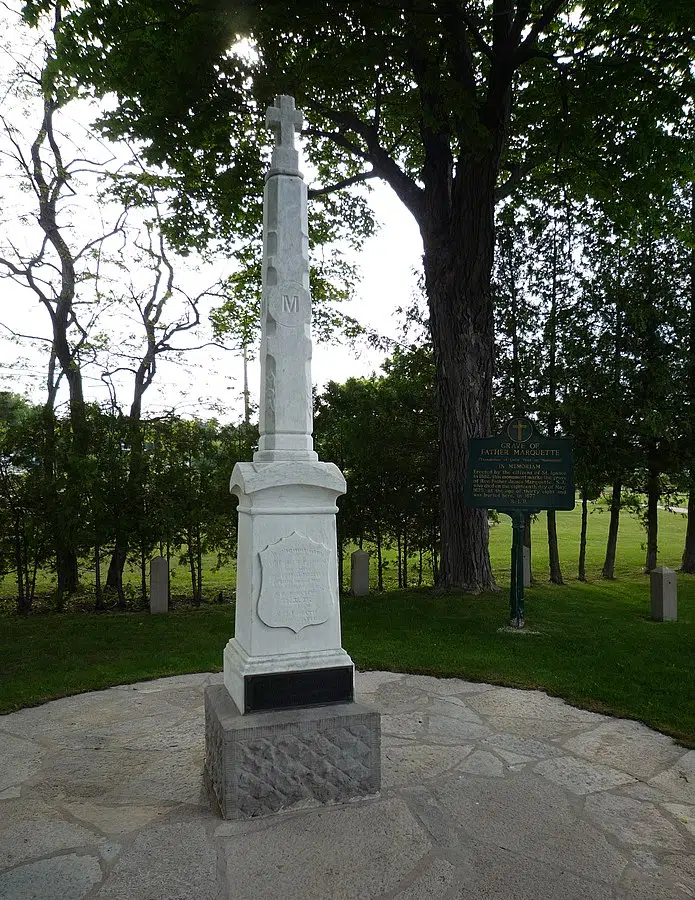












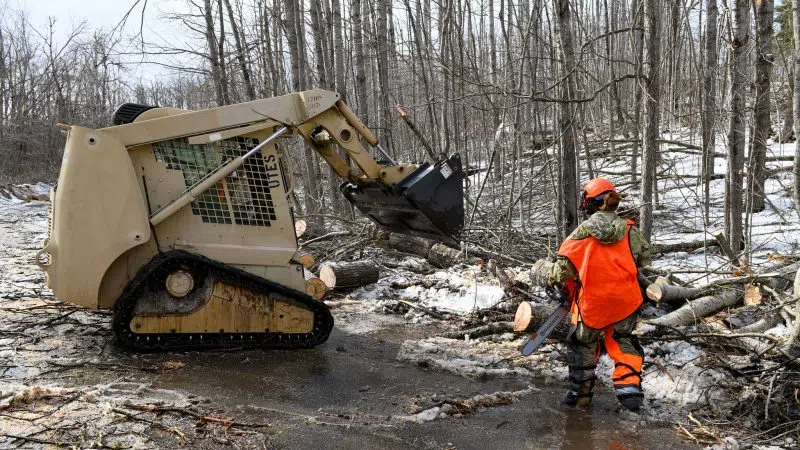


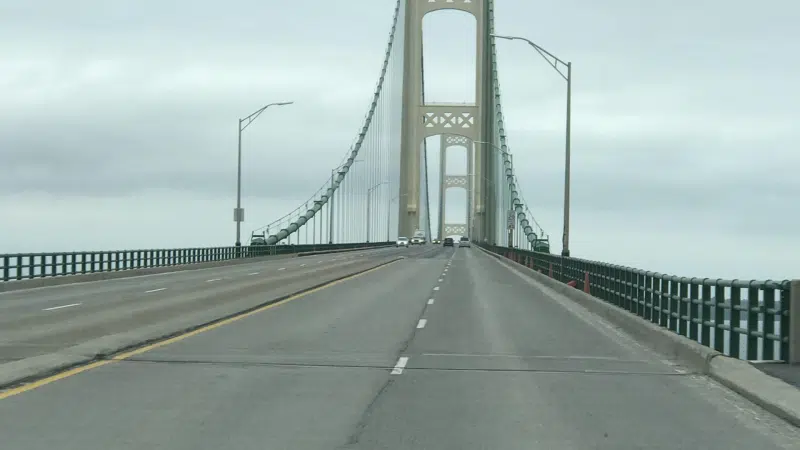

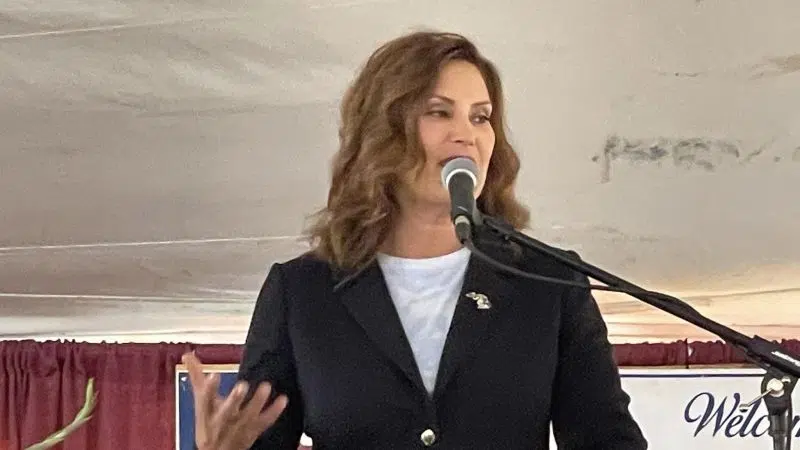
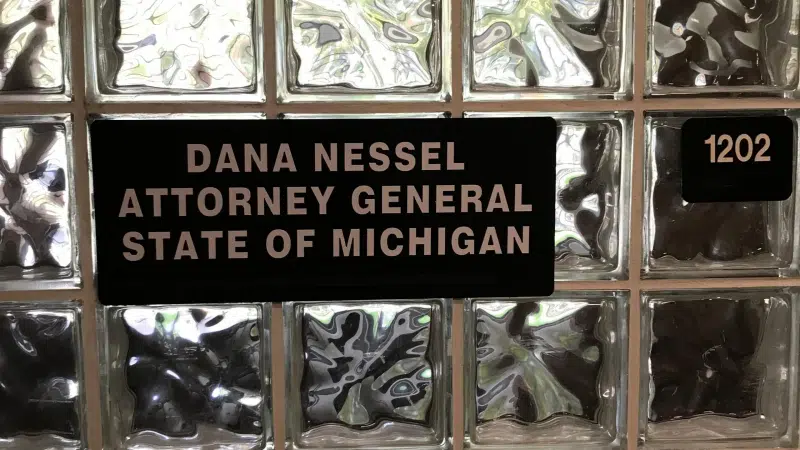

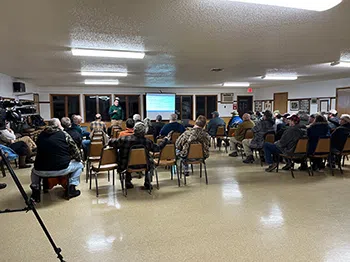



Comments